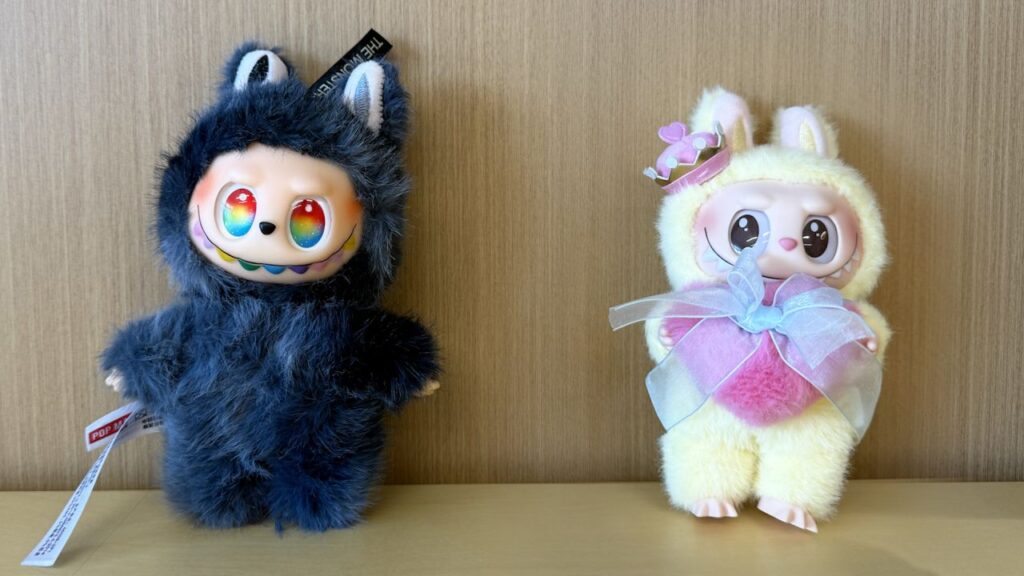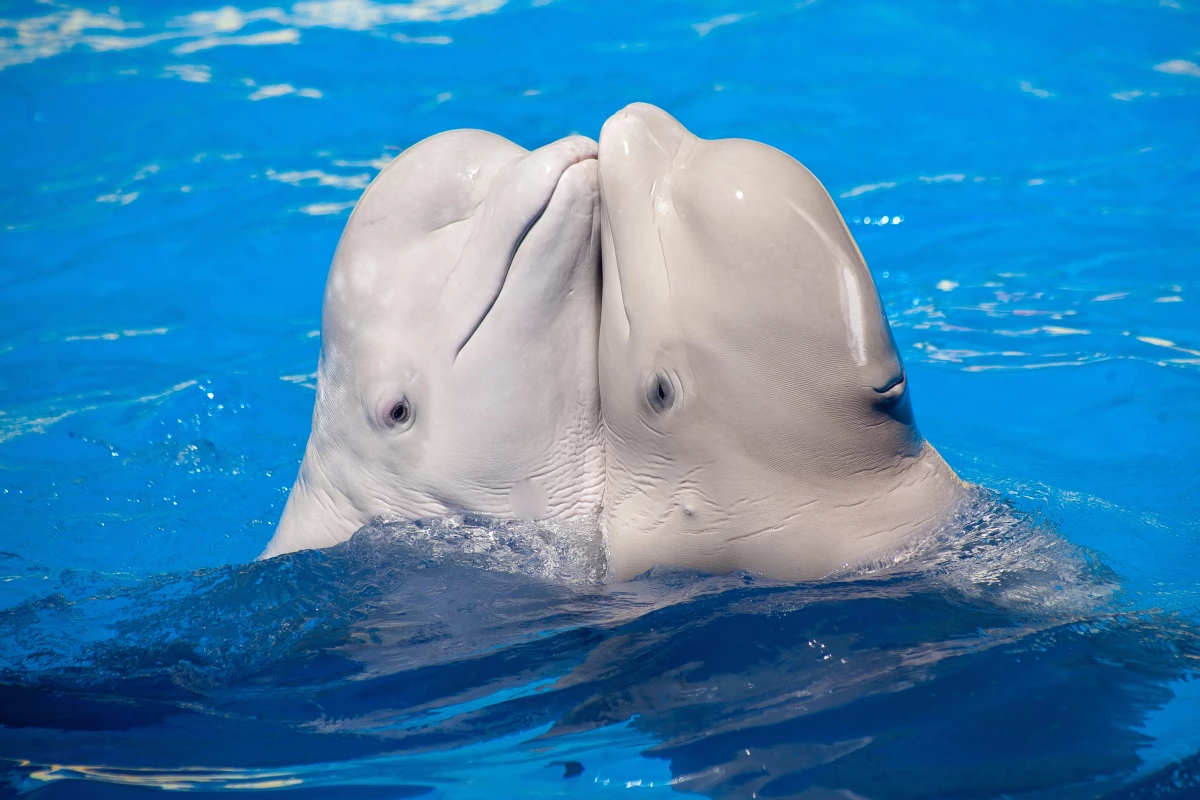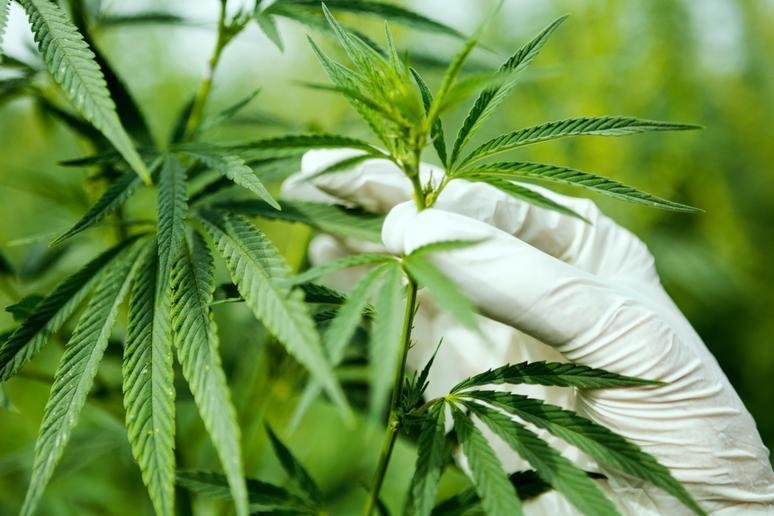
The Chinese government has initiated a crackdown on counterfeit plush toys known as “Lafufu,” which have surged in popularity due to shortages of the original Labubu dolls produced by the company, Pop Mart. This decisive action aims to protect the integrity of the toy industry and safeguard consumer interests.
The crackdown comes as counterfeit Labubu toys flood the market, particularly in urban centers like Hong Kong. These imitation products have garnered considerable attention, with sales reportedly reaching over $1 million in recent months. The original Labubu dolls, characterized by their unique designs and limited availability, have created a niche market, leading to an influx of knockoff products that exploit their popularity.
Government Measures and Industry Response
According to the China National Intellectual Property Administration, the recent enforcement measures include heightened inspections of retailers and manufacturers suspected of distributing counterfeit items. Officials are prioritizing actions that disrupt the supply chains of these fake toys, hoping to deter further production and sales.
The toy industry has welcomed these efforts. Pop Mart has publicly supported the government’s initiative, emphasizing the importance of maintaining brand integrity. “The proliferation of counterfeit products not only harms our business but also misleads consumers,” stated a company representative. This sentiment echoes industry-wide concerns about the impact of fakes on genuine brands.
Consumer Impact and Future Outlook
The popularity of Lafufu toys highlights a broader issue in the toy market, where demand often outpaces supply. Consumers seeking affordable alternatives have turned to these counterfeit products, unaware of the potential quality and safety issues they may pose. As a result, the government’s actions not only protect brands like Pop Mart but also serve to inform consumers about the risks associated with counterfeit goods.
Experts suggest that this crackdown could set a precedent for stricter enforcement of intellectual property laws in China. As the country continues to evolve its regulatory framework, the toy industry may see a more stable environment for authentic products. The outcome of this initiative will be closely monitored by stakeholders across the globe, as the fight against counterfeit goods remains a pressing challenge.
In conclusion, the swift response from the Chinese government underscores the significance of protecting intellectual property in a rapidly growing market. The actions against Lafufu are a step towards ensuring that original creations maintain their value and uniqueness in the face of counterfeit threats.







